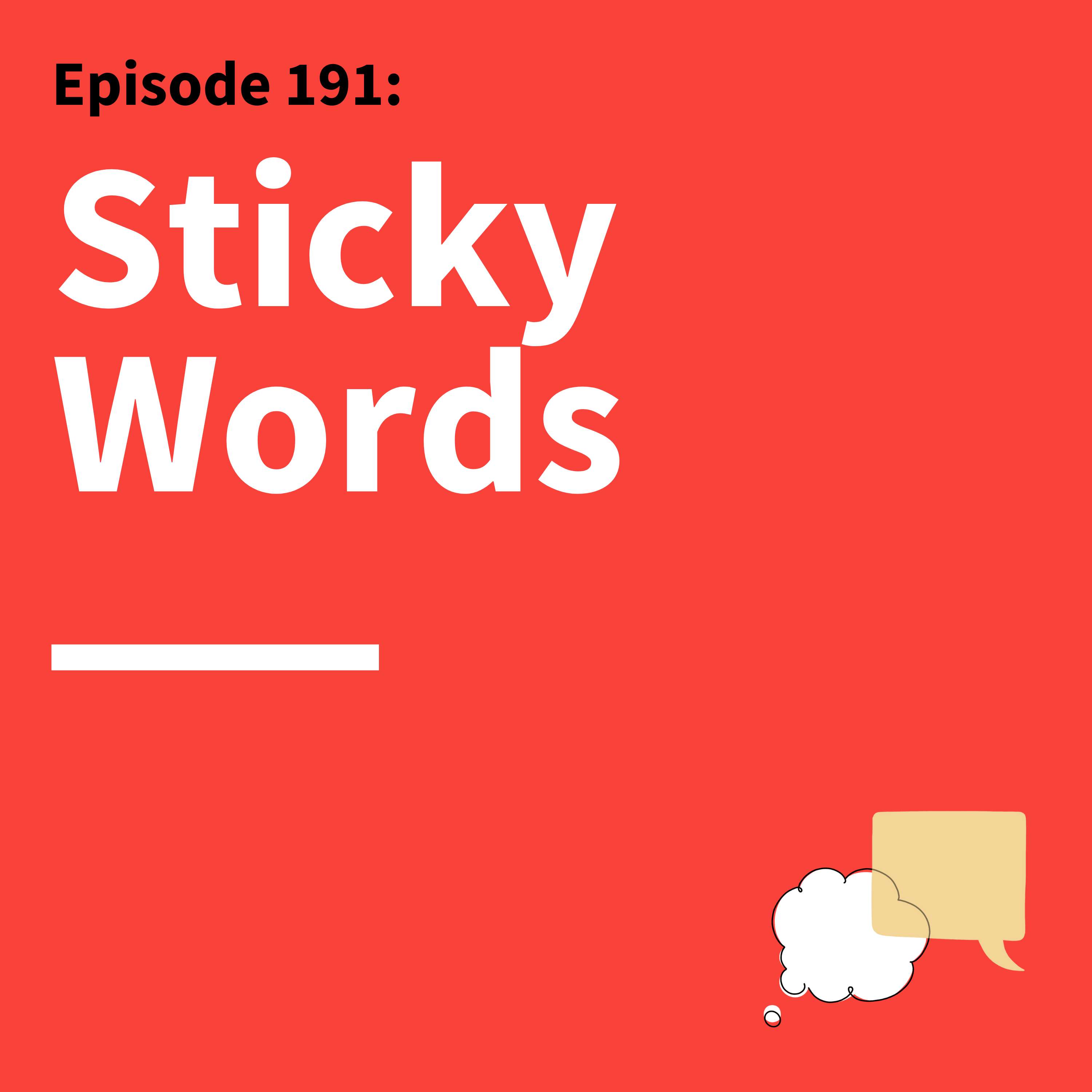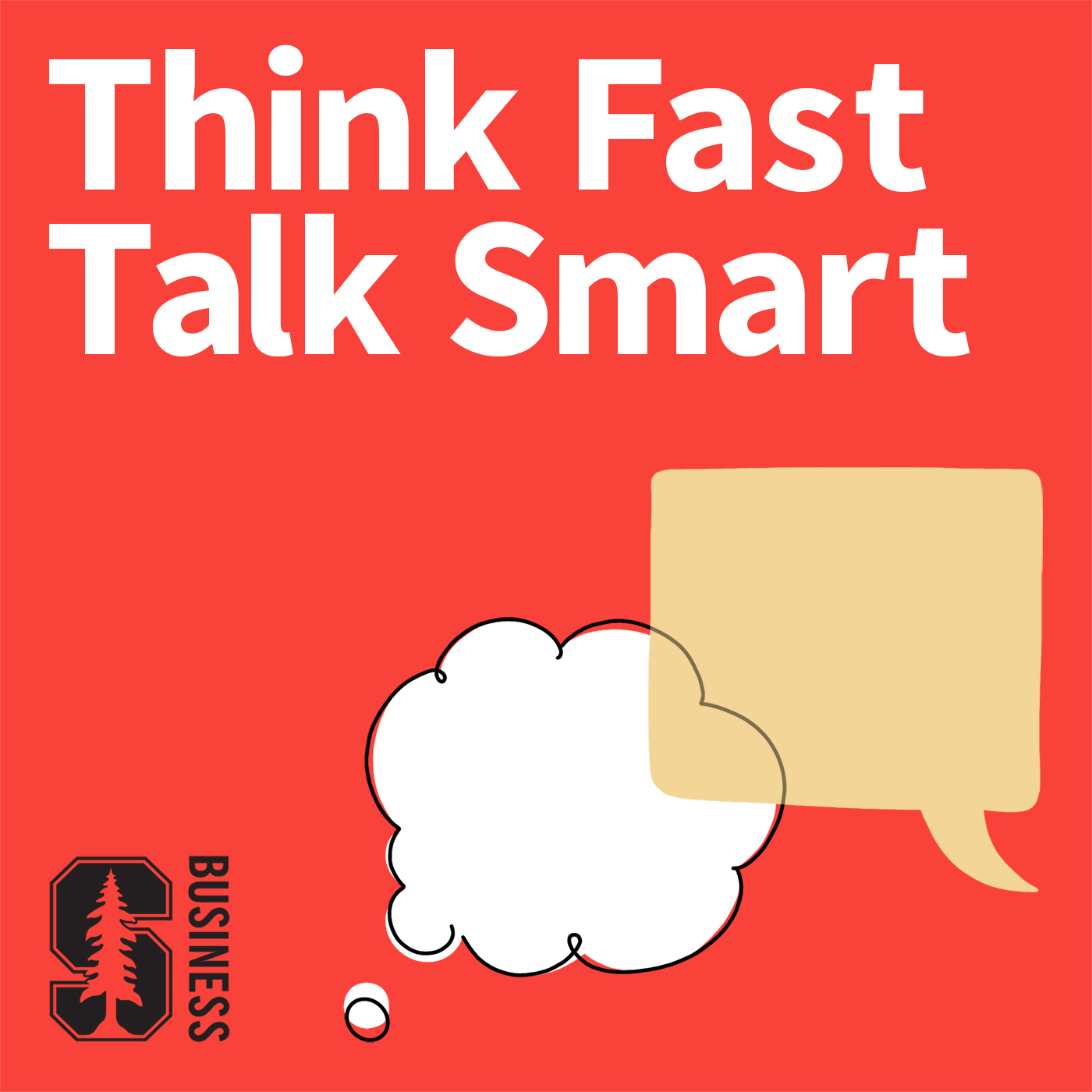
191. Memorable Messages: Choose Words That Capture Attention and Stay Remembered

Think Fast, Talk Smart: Communication Techniques
Deep Dive
- Certain words are intrinsically more memorable than others.
- Concreteness, emotion, and contextual diversity affect memorability.
- Word lists in controlled environments mimic real-life memory dynamics.
Shownotes Transcript
How to craft communication that your audience will remember.
Why do some messages stick, while others go in one ear and out the other? When it comes to crafting memorable communication, Ada Aka )says not all verbiage is created equal.
“Certain words are intrinsically more memorable than others,” says Aka, an assistant professor of marketing at Stanford Graduate School of Business. In her research of consumer behavior and decision-making, she’s uncovered how language shapes not just our perception of the world, “but how the world stays with us over time." From concrete terms to emotionally charged ones, certain words have more staying power than others, and to communicators who want to capture audiences (and keep them), she says, “Carefully chosen words, they're going to be taking the attention.”
In this episode of Think Fast, Talk Smart), Aka joins Matt Abrahams to explore the science of memorable communication. From creating brand slogans that stick to choosing words that align with your message, she reveals how to create communication that won't be forgotten.
Episode Reference Links:
Connect:
- Premium Signup >>>> Think Fast Talk Smart Premium)
- **Email Questions & Feedback **>>> [email protected]
- Episode Transcripts >>> Think Fast Talk Smart Website)
- Newsletter Signup + English Language Learning >>> FasterSmarter.io)
- Think Fast Talk Smart >>> LinkedIn), Instagram), YouTube)
- Matt Abrahams >>> LinkedIn)
Chapters:
(00:00) - Introduction
(02:05) - The Power of Words in Memory
(03:45) - What Makes Words Memorable?
(06:04) - Informal and Conversational Language
(07:38) - AI & Memory
(09:34) - Memorable Slogans
(11:26) - Predicting Memorability: Why We Get It Wrong
(13:15) - Framing in Communication
(15:24) - Creating Meaningful Interactions
(17:34) - The Final Three Questions
(22:21) - Conclusion
********Become a Faster Smarter Supporter by joining TFTS Premium).